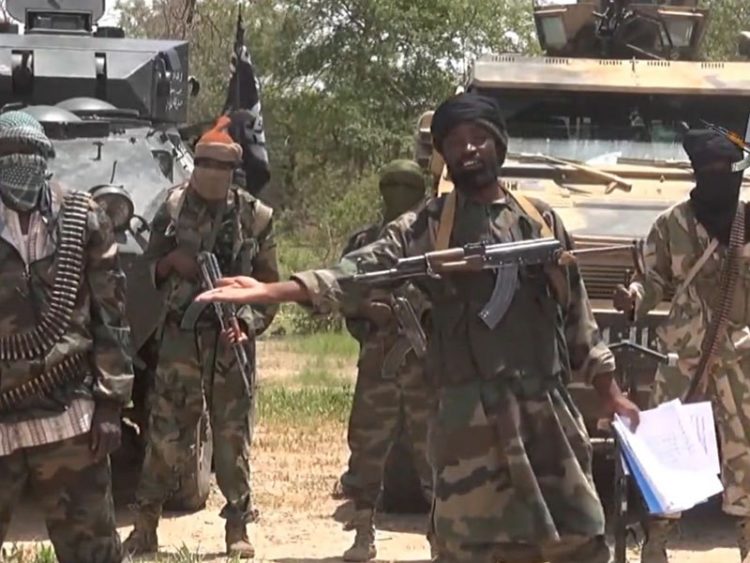Within less than 24 hours, Islamic militants killed 27 civilians, some of whom were burned alive, in three attacks on predominately Christian farming villages in central Mali, local officials recently reported.
Communal violence has plagued the West African country in recent years, as Fulani herders, their traditional grazing lands drying up from climate change, have increasingly moved south into the farmland of the Dogmon farmers. Fulani are using force to take over the land while targeting the Christian segment of the Dogon with elimination. Only about 12-15 percent of the Dogon are Christian, the majority being of animist religion, but more and more are turning to Islam because there is no alternative.
Local officials said that Fulani armed jihadists on motorcycles carried out the attacks in the villages of Bankass, Koro, and Tillé. The Fulani have not only been active in Mali but in Nigeria and Burkina Faso as well.
“We were surprised by the attack on the village of Tillé,” Doucombo Deputy Mayor Yacouba Kassogué told the news media. Doucombo is a small municipality in which Tillé is located. “Seven were killed, all Dogons, some of them burned alive.”
At least 20 other people were reported to have been killed in the neighboring villages of Bankass and Koro, most of them Christian.
“Since 2016, jihadists have been waging a war to occupy north and central Mali with the declared aim of establishing Sharia (Islamic law) throughout the country,” the Barnabus Fund, a Christian aid agency that supports prosecuted Christians, said in a statement.
“Mali suffered its worst year of extremist violence in seven years in 2019 [sic]. Jihadi militants carried out murderous attacks in the north and central area, laying waste to Christian villages and causing hundreds to flee with only the clothes on their backs.”
The targets of Fulani attacks are not determined by location but rather by religion.
At the same time, Nigeria has also suffered Fulani violence. The International Christian Concern (ICC) reports that Fulani Islamic jihadists attacked the Adara natives in Kajuru LGA, Kaduna State, Nigeria. This latest attack on the Christian population was conducted while many were still mourning the loss of loved ones, property, and their means of livelihood following a series of Islamic jihadist attacks in the past month on at least five villages and 12 settlements. The recent attacks on the Adara communities have displaced approximately 20,000 people.
Nathan Johnson, the ICC’s Regional Manager for Africa, was imploring the government for help against these increasing attacks.
“Kajuru Local Government Area has now been attacked nearly a dozen times in the past month. Despite this, the government has not taken any clear or decisive steps to stop the violence. They have not caught any of the perpetrators, saved any lives, or assisted any of those who have suffered,” he said.
Already have an account? Sign In
Two ways to continue to read this article.
Subscribe
$1.99
every 4 weeks
- Unlimited access to all articles
- Support independent journalism
- Ad-free reading experience
Subscribe Now
Recurring Monthly. Cancel Anytime.
“This continued inaction is costing many people their lives, homes, and loved ones. It is time that the government in Nigeria is held accountable for the many lives that they have failed to defend. They are either completely incompetent and must be removed, or they are complicit and need to be thrown in jail,” Johnson concluded.
Mali is ranked the 29th-worst country, in the world regarding persecutions on Christians, according to the Open Doors’ 2020 World Watch List; Nigeria is 12th. An Open Doors casebook study on Mali states that Islamic militants in the country “have been busy attacking the country’s security forces and Christians.” The reports adds that “Christian villages were targeted and destroyed, with the attacks sometimes having both ethnic and religious elements.”
“With the increasing attacks in the Mopti region and other areas, church schools and churches have been burned down, hundreds of schools (including Christian schools) have been closed down in 2019,” one source inside Open Doors said.
The violence in Mali has been ongoing since 2012 when Islamic jihadists, who had pledged allegiance to al-Qaeda, overran the northern two-thirds of the country. The government control in those areas had been weak to nonexistent.
The French, the former colonial rulers of Mali, responded to Mali’s need and sent 4,500 troops to help stabilize the situation. French Army units under “Operation Barkhane” drove the jihadists out of several areas. Yet, the jihadists regrouped and expanded their operations into neighboring counties of the Sahel. They are now also competing with other Islamic jihadists that have pledged their support to the Islamic State.










COMMENTS